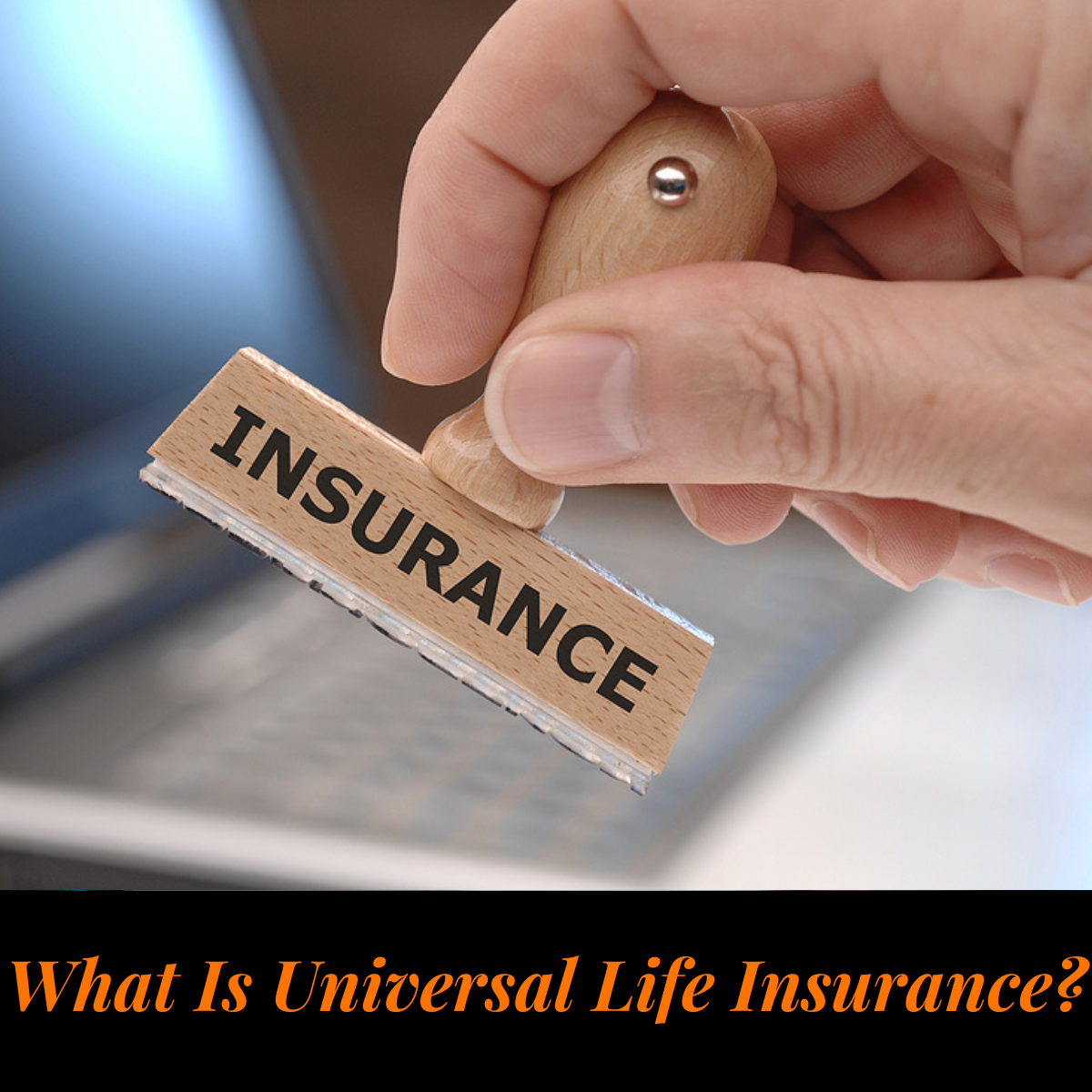Life insurance is a crucial financial tool, providing peace of mind and security for your loved ones. However, choosing the right type of life insurance can be overwhelming. One of the most flexible options available is universal life insurance. But what exactly is it, and how can it benefit you? Let’s dive into the details!
1. What Is Universal Life Insurance?
Universal life insurance (UL) is a type of permanent life insurance that provides both a death benefit and a cash value component. Unlike term life insurance, which covers you for a specific period, universal life insurance lasts your entire lifetime, provided you keep up with the premium payments.
One of the biggest advantages of universal life insurance is its flexibility. You can adjust your premiums and death benefits over time, making it a customizable financial tool that can adapt to your needs.
2. How Does Universal Life Insurance Work?
When you pay a premium for a universal life insurance policy, the money is divided into three parts:
- A portion goes toward the cost of insurance (COI), which covers administrative fees and the death benefit.
- Another portion is placed into the cash value account, which grows over time based on interest rates.
- The remaining amount may cover any additional fees.
The cash value grows tax-deferred, meaning you won’t pay taxes on it as long as it stays within the policy. You can also borrow against it or withdraw funds when needed, giving you extra financial flexibility.
3. What Are the Key Benefits of Universal Life Insurance?
Universal life insurance offers several key advantages:
- Flexible Premiums – Unlike whole life insurance, universal life allows you to increase or decrease your premium payments within certain limits.
- Cash Value Growth – The cash value accumulates over time and can be used for loans or withdrawals.
- Adjustable Death Benefit – You can change your death benefit amount as your financial needs evolve.
- Tax Advantages – The cash value grows tax-deferred, and beneficiaries typically receive the death benefit tax-free.
4. What Are the Different Types of Universal Life Insurance?
There are several variations of universal life insurance to consider:
- Traditional Universal Life Insurance – Offers a guaranteed minimum interest rate on cash value.
- Indexed Universal Life Insurance (IUL) – Links cash value growth to a stock market index, such as the S&P 500.
- Variable Universal Life Insurance (VUL) – Allows policyholders to invest in mutual funds, offering the potential for higher returns (but with greater risk).
- Guaranteed Universal Life Insurance (GUL) – Focuses more on lifelong coverage with lower risk, but offers little to no cash value growth.
Each type has its pros and cons, so it’s important to assess your financial goals before choosing one.
5. How Does Universal Life Insurance Compare to Whole Life Insurance?
Many people wonder about the difference between universal life insurance and whole life insurance. While both are permanent policies, they have distinct differences:
| Feature | Universal Life Insurance | Whole Life Insurance |
|---|---|---|
| Premium Flexibility | Yes | No |
| Cash Value Growth | Interest-based | Guaranteed growth |
| Investment Options | Available (for IUL/VUL) | Limited |
| Death Benefit Adjustability | Yes | No |
Universal life insurance is best for those who want flexibility, whereas whole life insurance is ideal for those who prefer guaranteed returns and fixed premiums.
6. Is Universal Life Insurance Right for You?
Universal life insurance is a great choice for individuals who:
- Want lifelong coverage with flexible payments.
- Prefer to have a cash value component that can grow over time.
- Need the ability to adjust death benefits based on changing financial needs.
- Are comfortable with market-linked investments (if choosing IUL or VUL).
However, if you want predictable payments and guaranteed returns, a whole life policy might be a better fit.
7. What Are the Potential Downsides of Universal Life Insurance?
While universal life insurance has many benefits, it’s important to be aware of its drawbacks:
- Complexity – The policy structure can be confusing for those unfamiliar with insurance and investments.
- Market Risk – Certain types (like IUL and VUL) depend on market performance, which can affect cash value growth.
- Possible Lapse – If you don’t pay enough premiums or your cash value is depleted, your policy could lapse.
- Higher Costs – Compared to term life insurance, universal life insurance can be more expensive.
To avoid these issues, it’s essential to review your policy regularly and work with a financial advisor.
8. How Can You Maximize the Benefits of Universal Life Insurance?
To make the most out of your universal life insurance policy, consider these tips:
- Pay More Than the Minimum Premium – This helps build cash value faster and reduces the risk of policy lapse.
- Monitor Interest Rates – If your policy’s interest rate is low, you may need to increase payments to maintain coverage.
- Regularly Review Your Policy – Ensure it aligns with your current financial goals and make adjustments as needed.
- Use Cash Value Wisely – Borrowing too much from the cash value can lead to policy instability.
Final Thoughts
Universal life insurance can be a powerful financial tool, offering both flexibility and long-term protection. However, it’s not a one-size-fits-all solution. By understanding how it works and assessing your needs, you can determine if it’s the right choice for you.
If you’re considering universal life insurance, consult with an insurance expert to explore your options and customize a policy that best suits your financial future.


Leave a Reply